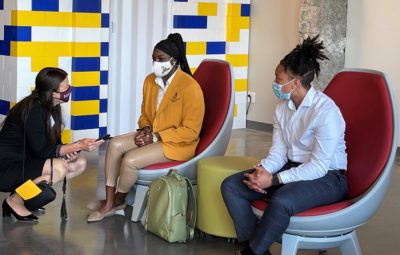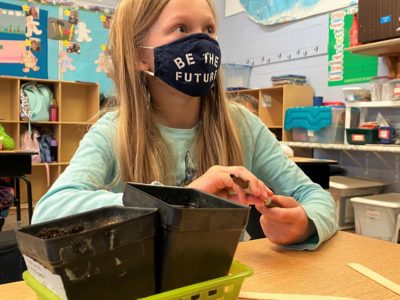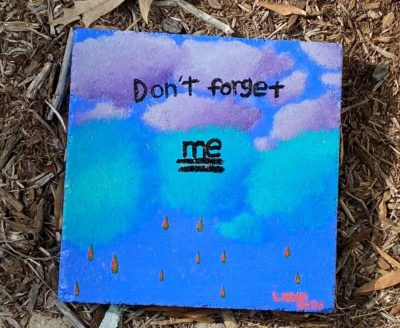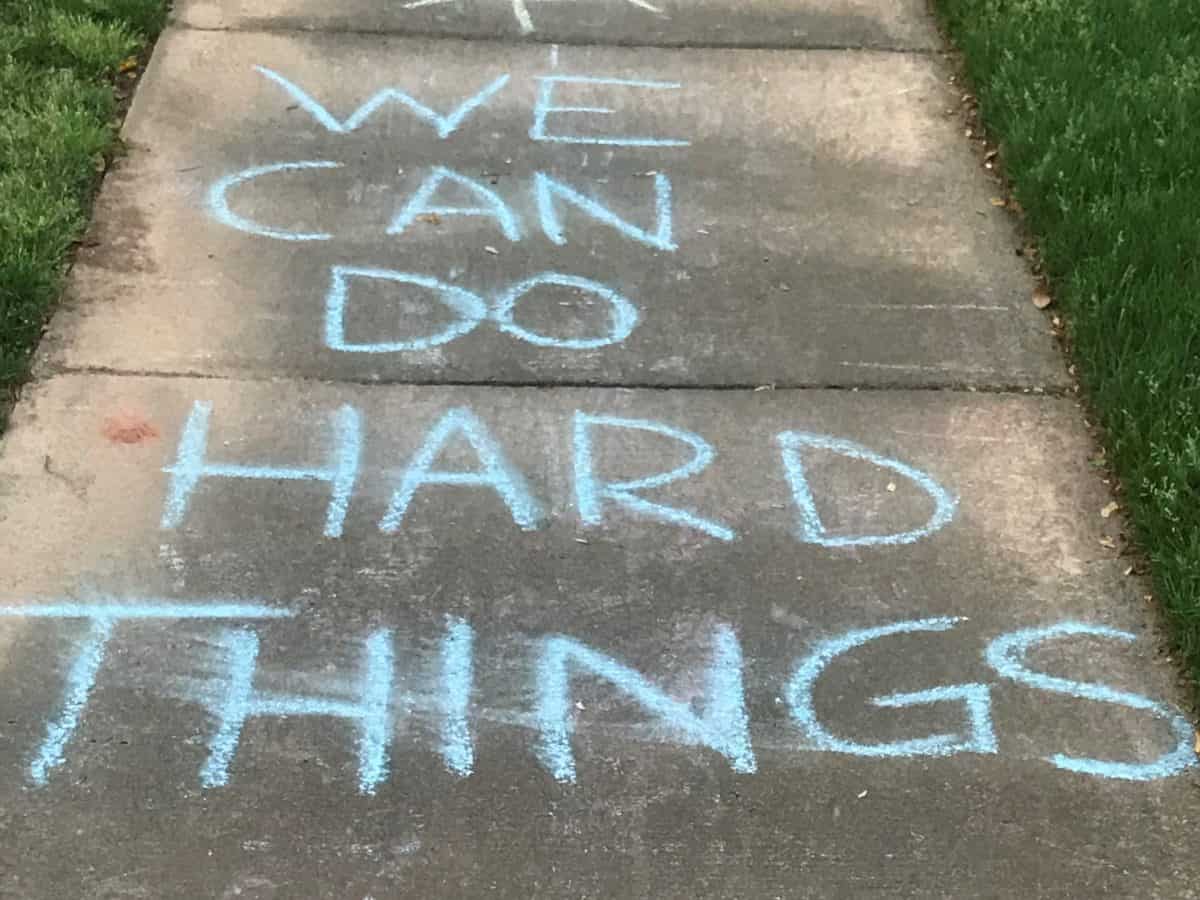

My pandemic diary
Early on in the pandemic, Eric Davis, chair of the N.C. State Board of Education, sent me a picture of sidewalk chalk art. It read, “We can do hard things.”
It was prescient.
On March 16, 2020, Gov. Roy Cooper closed our schools by executive order.
As a newsroom, EdNC decided to continue to travel in person throughout the pandemic, complying with the guidelines every step of our journey to ensure we did so safely.
Even when schools were closed to students, we often found educators still working in the building.
Between the executive order and the end of this academic year, I myself visited 92 schools, 12 community colleges, 5 HBCUs, 2 other colleges and universities, and 14 community organizations in person.
One hundred twenty-five opportunities for me to listen and to learn.
It has been my privilege to bear witness to the strength, courage, and commitment of our students and educators, and it has been my privilege to document your story.
I tell people I am in the business of hope. But hope has too often been too hard to find.
I hope you feel seen, respected, and loved.
Thank you for inviting me into your classrooms and your lives.
Spring 2020
“No child left offline”
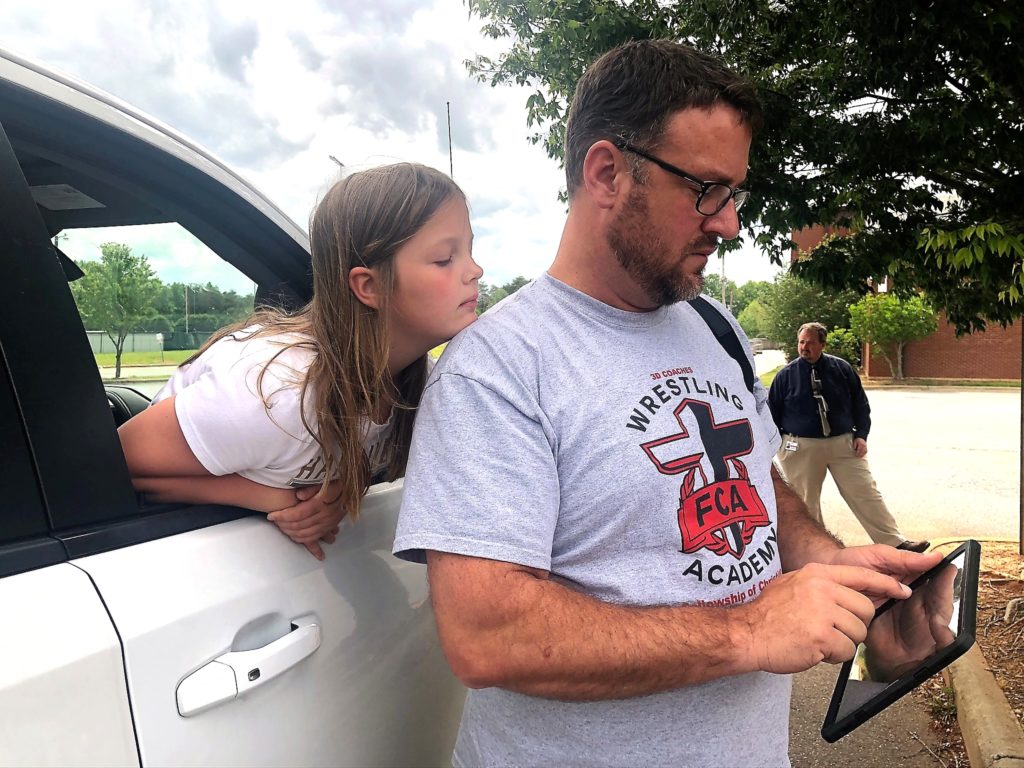

Overnight, learning changed, the role of parents changed, and the importance of access to the internet — which did end up having an impact on learning loss — crystalized.
“No child left offline” was a quick play on “no child left behind” by FCC Commissioner Jessica Rosenworcel framing our early pandemic days.
“It’s sad. It sucks.”
Meet Trevan Phansook and Sydney Harkey, seniors at West Lincoln High School in 2020. Both were going to Gaston College to become certified nursing assistants (CNAs). I pulled over when I saw them taking senior photos in front of a rock that had been painted to say, “One Rebel Under God,” wondering whether or not they would get to graduate.
“There are some days I go to school, and it feels more like a prison than a learning environment”
Former Rowan-Salisbury Schools Superintendent Lynn Moody asked Ali Abbey, an 11th-grader, “Can you describe what’s happening when you feel like school is a prison?”
“The hells we have lived through and live through still”
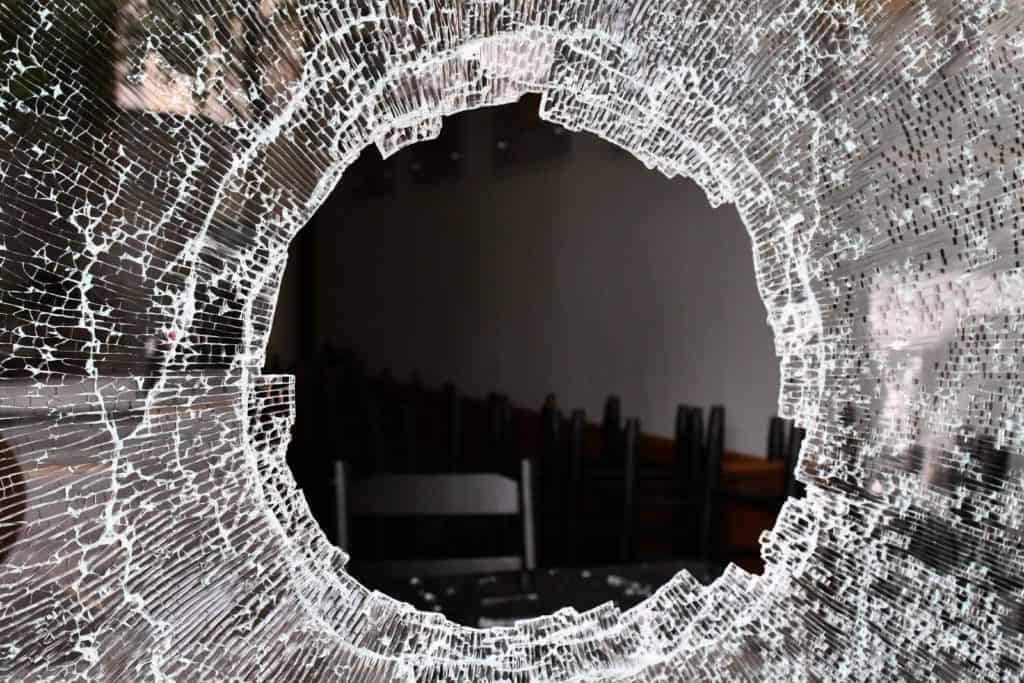

At a moment in time when access to broadband was being talked about as the most important issue of equity, the murder of George Floyd reminded us and America of the longstanding and pervasive nature of our national hell.
Poet laureate Maya Angelou addressed “the hells we have lived through and live through still” in her poem at the Million Man March in 1995. Hear her:
Changing systems is hard because they are rigid and exclusive instead of agile and inclusive.
“Children have a short precious few years with us, and we shouldn’t ask them to be too patient with us”
As the pandemic changed the world as we knew it, superintendents iterated every single system that comprises our learning environments, including nutrition and transportation, while managing a massive infusion of federal dollars.
“I can’t imagine navigating all of this without all of these relationships in place, the amount of trust and interdependence this has required has been amazing,” said Superintendent Scott Elliott of Watauga County Schools. “Children have a short precious few years with us, and we shouldn’t ask them to be too patient with us.”
“They need to hear our voices”
“Every time we had a major call going home — and boy during the pandemic did we ever,” the team in Transylvania County Schools worked together to translate messages for Latinx families in voices they knew. Hear Kevin Smith, the former public information officer:
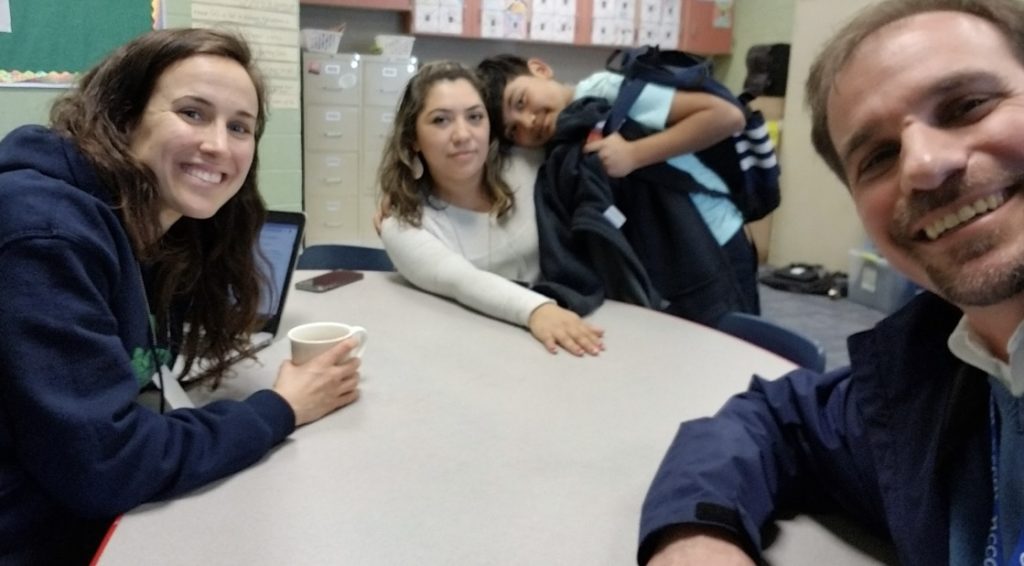

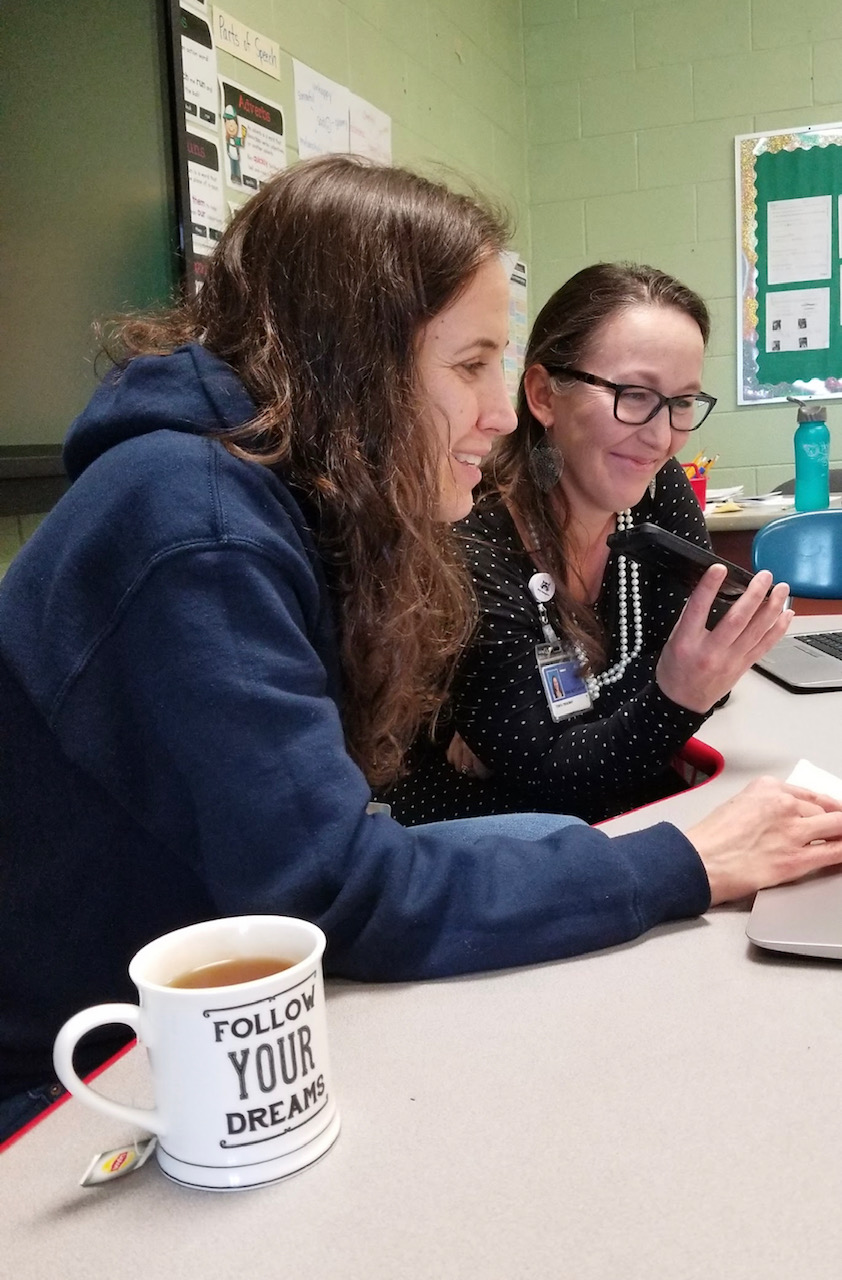

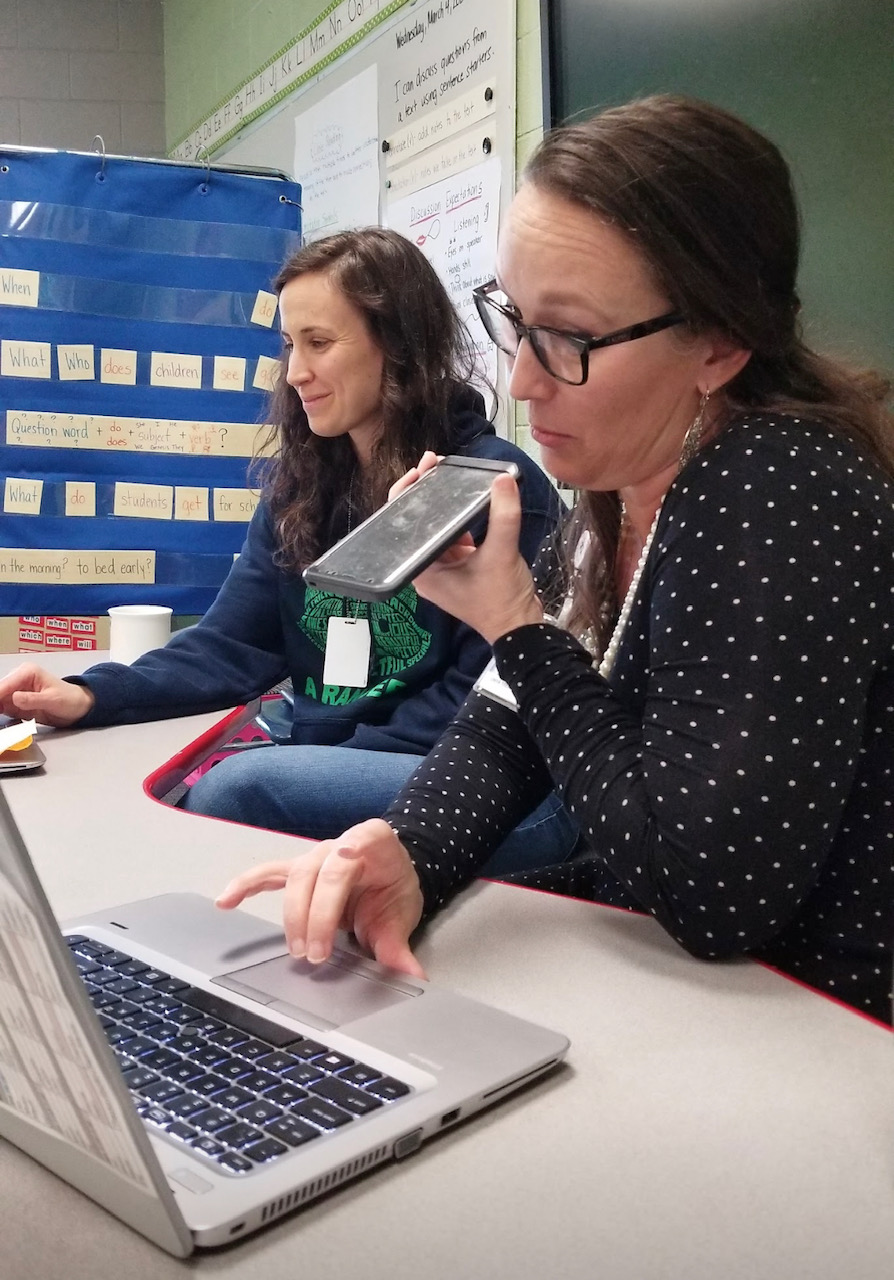

The 2020-21 School Year
“We do this because we have a heart for children”
The 2020-21 school brought with it three new W’s — wear, wait, wash — which would determine how well the three R’s — reading, [w]riting and ‘rithmetic — happened for our students.
Ashley Twitty, a teacher at Spindale Elementary, wrote on Facebook, “We do this because we have a heart for children.”
“Designing for the margins”
“We start with the kids who don’t have access, whether that’s through language or internet access. We design for that first,” said Principal Jenny O’Meara at Phillips Middle School in the Edgecombe County Public Schools. She also talked to me about how they design online access for students who can’t read.
“We just want to make sure every single kid has access to a high-quality lesson,” she said. Hear her:
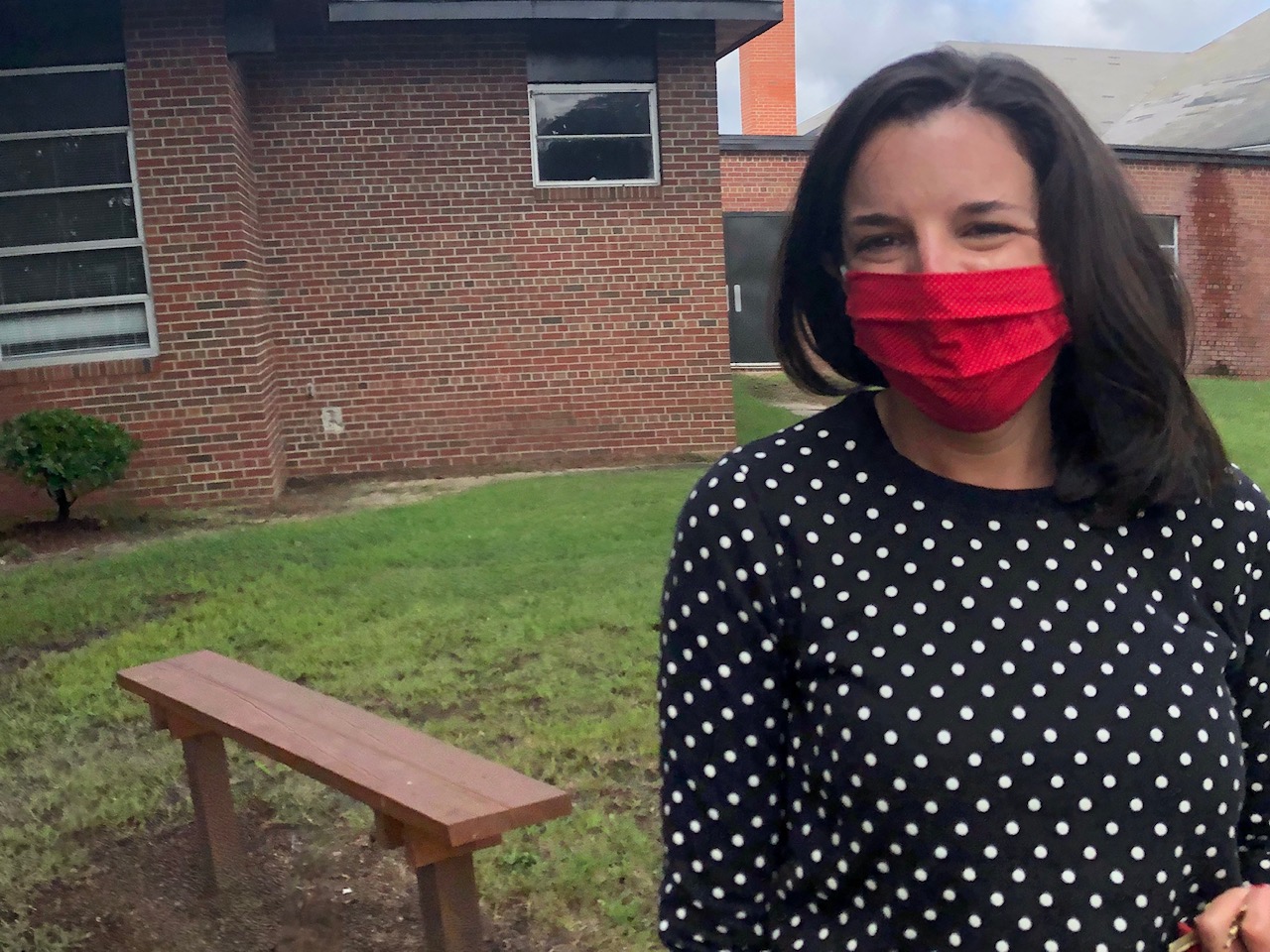

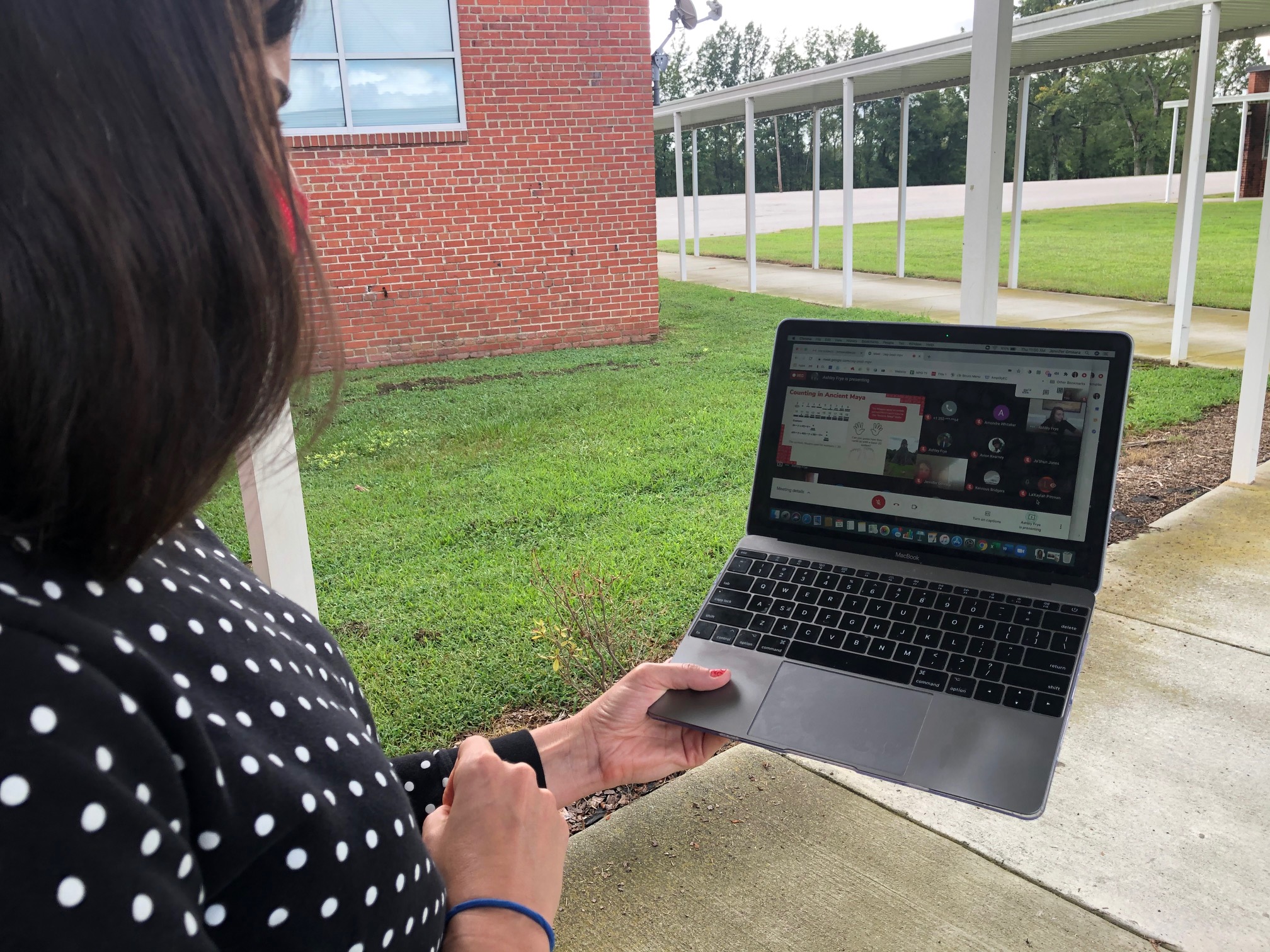

“The physical, mental, and emotional drain of the work in this moment”
COVID-19 forced educators to reimagine almost everything about how students experience school — from how they enter and exit the buildings to how they move through the buildings to how they eat lunch and use the restroom to recess to the instruction both in the classroom and from home.
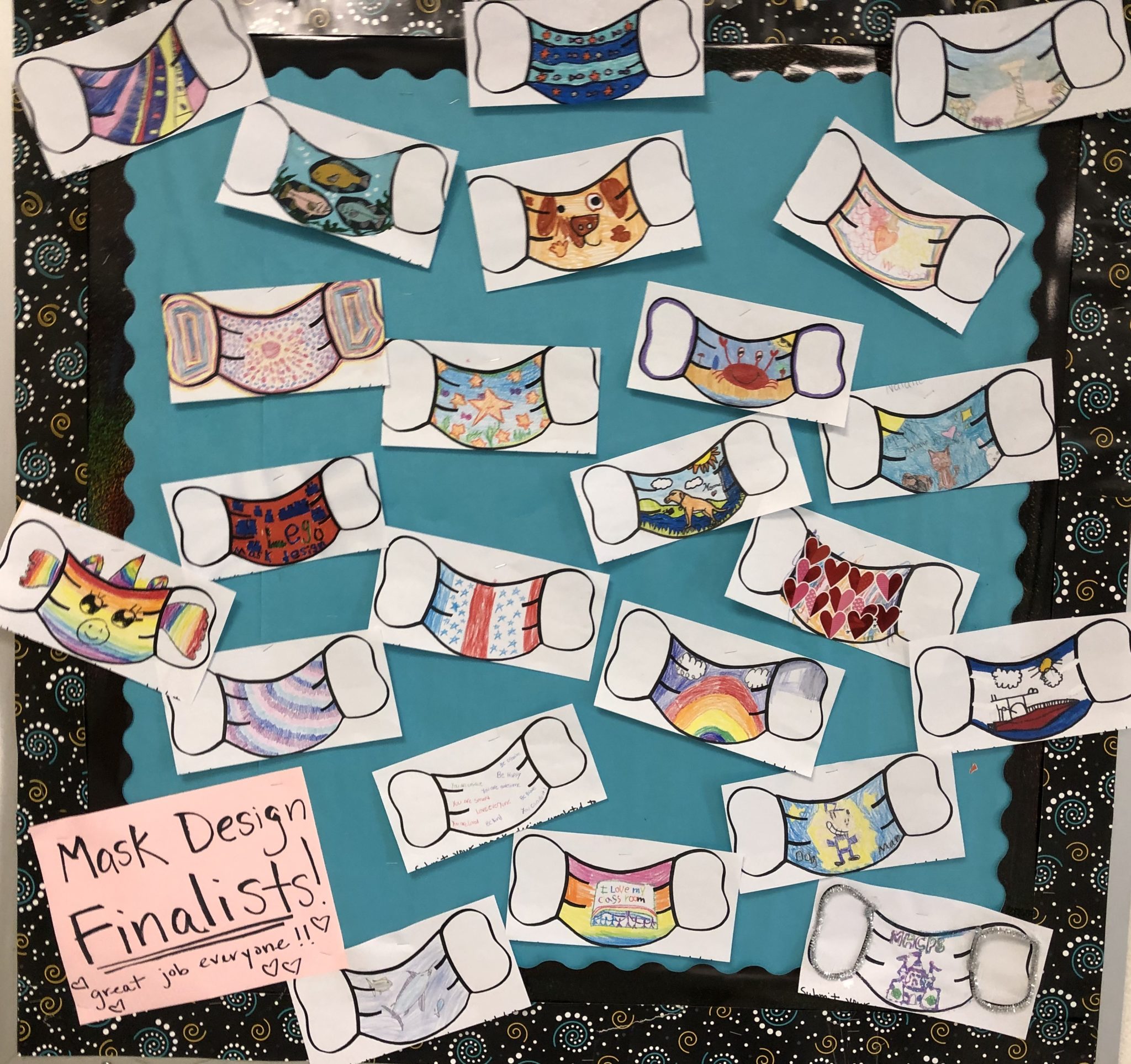

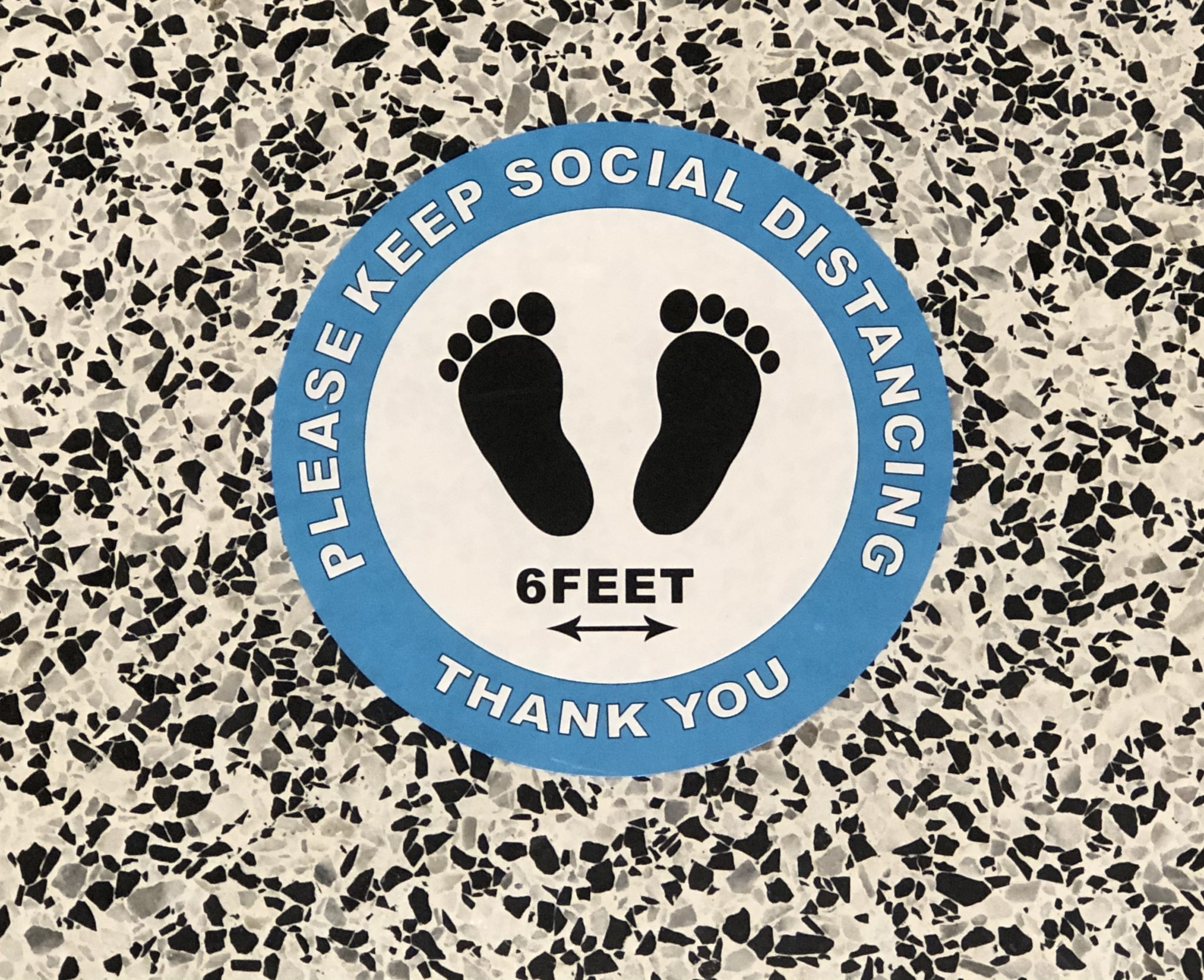

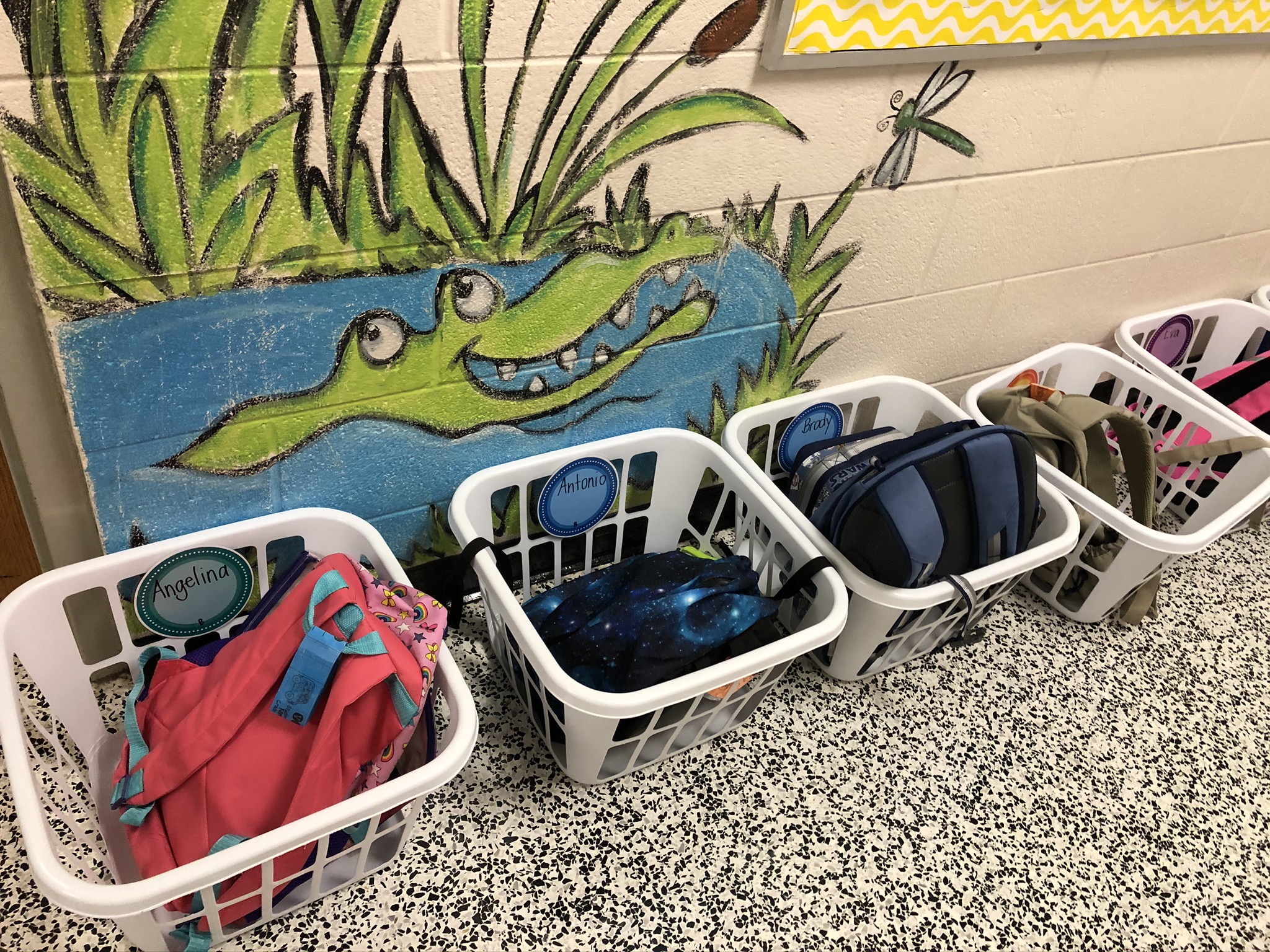

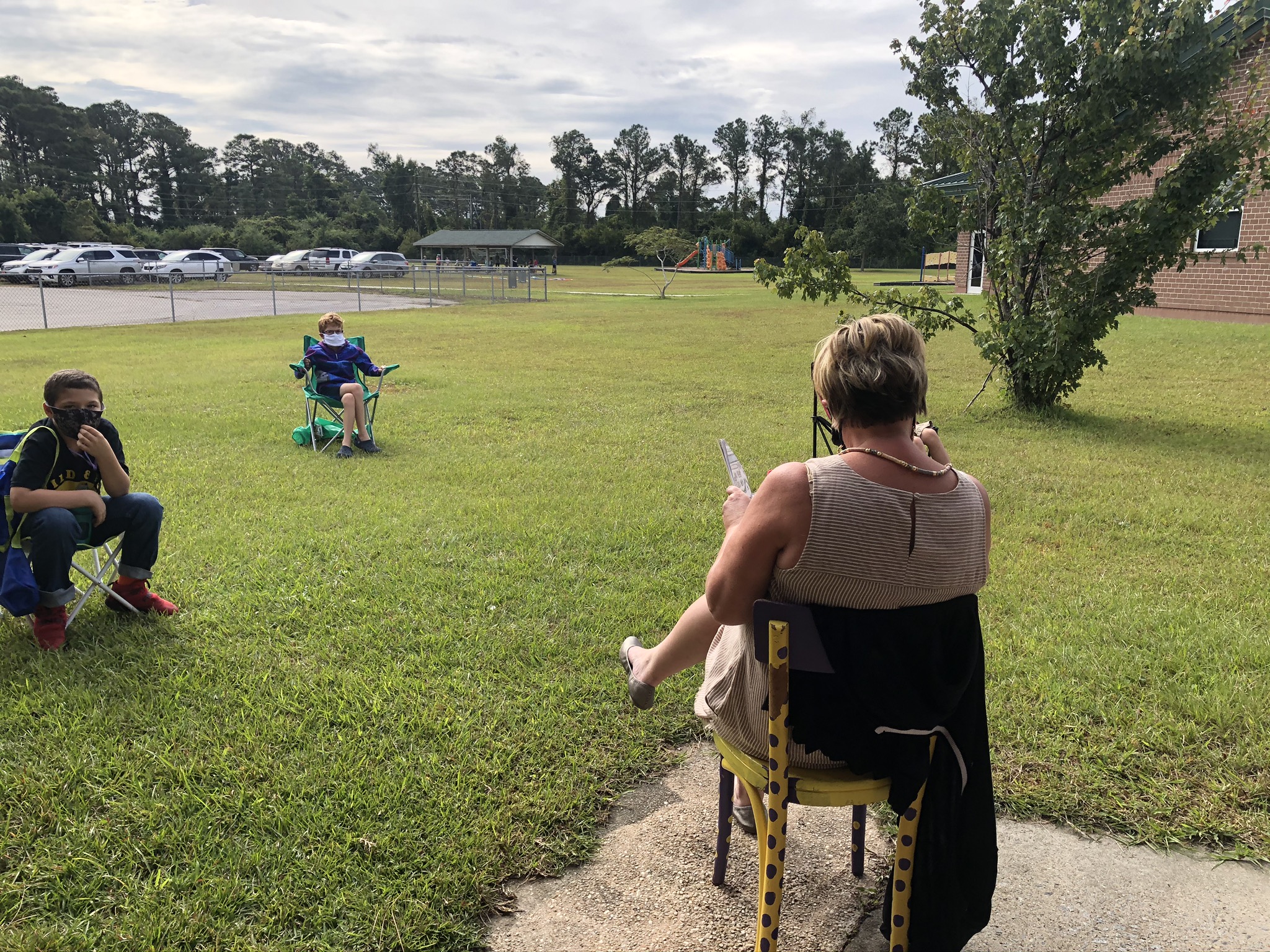

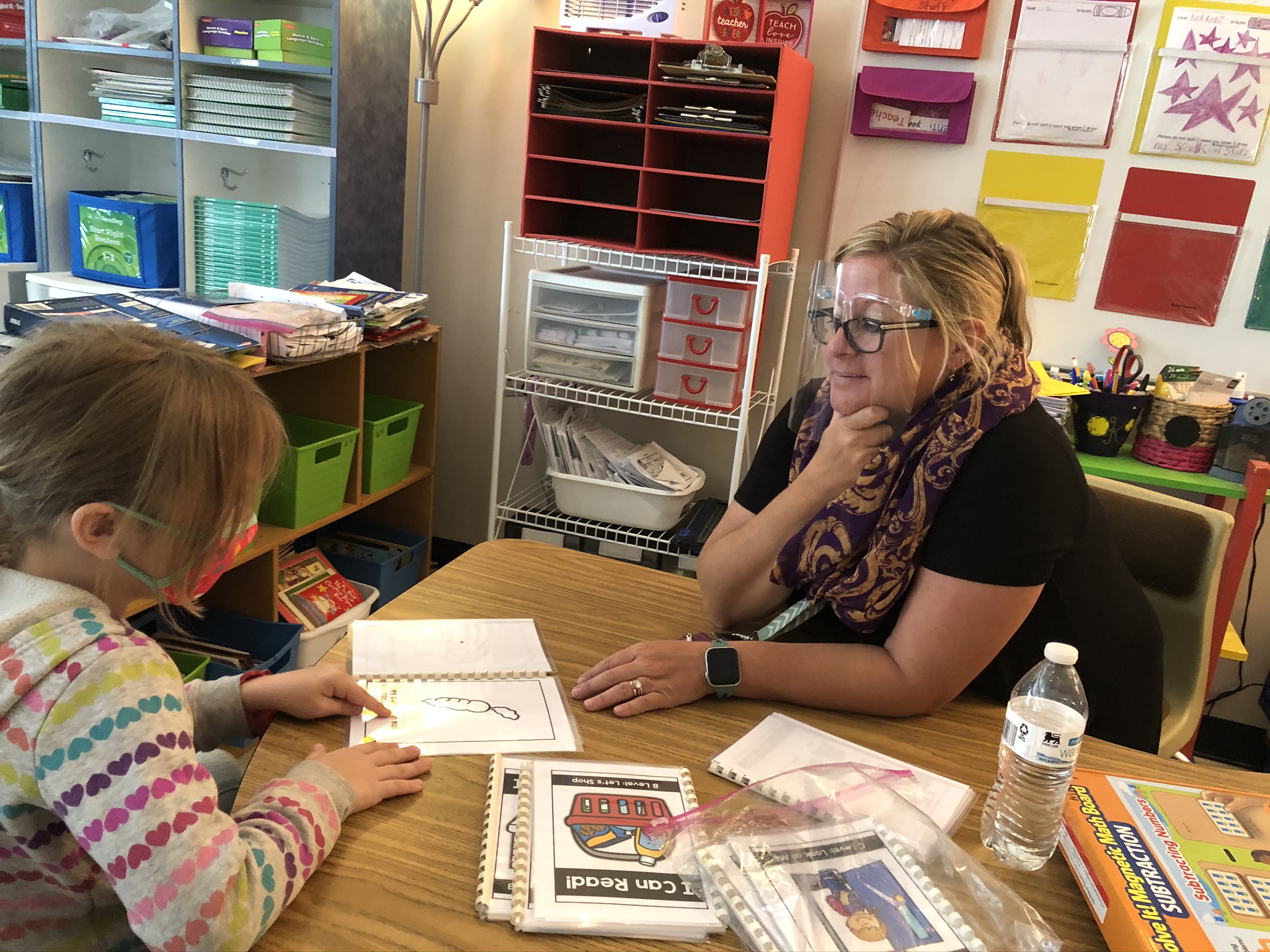

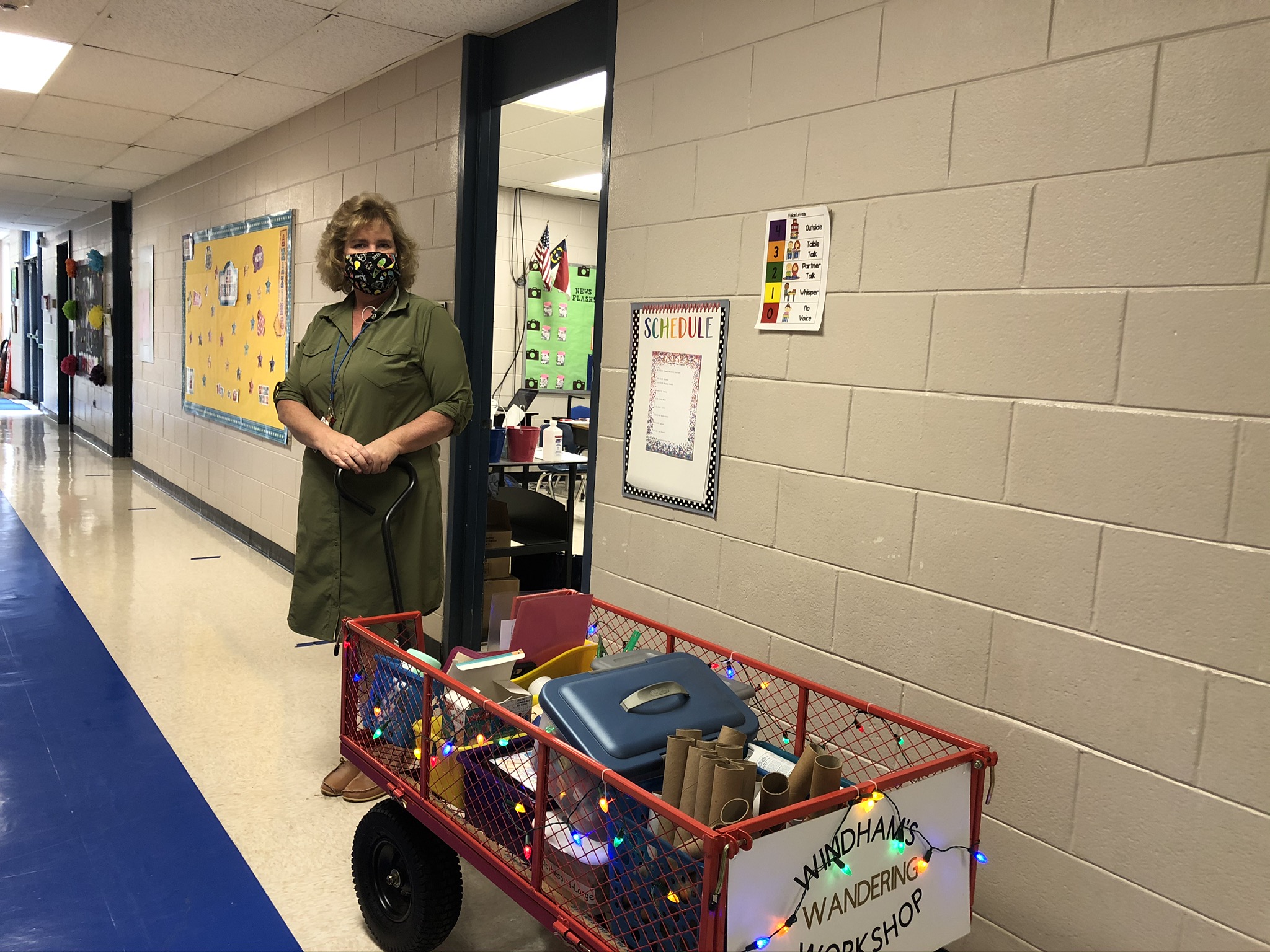



“We have to put students at the center”
It is possible our students know more about our elections than our adults do. And it is important to them that we exercise our right to vote.
The elections brought us a new state superintendent of public instruction, Catherine Truitt, who promised to keep students at the center.
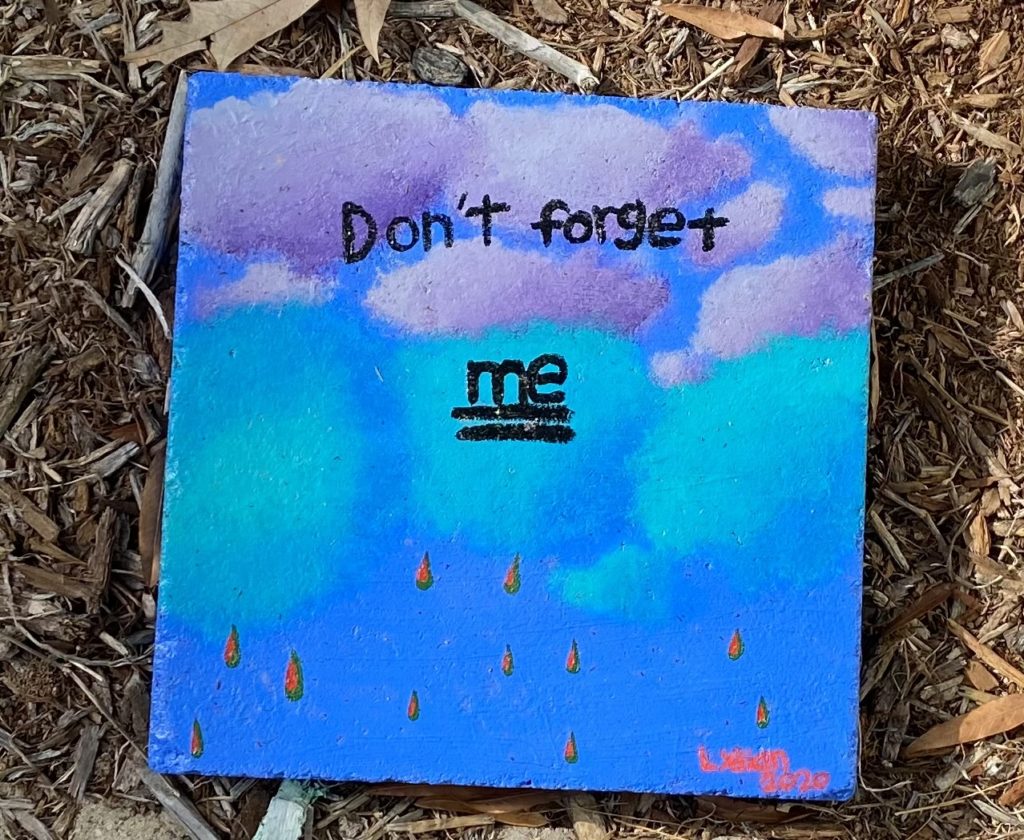

“The benefits of in-person education”
This 25-year veteran educator in the Polk County Schools believes it is really important for children “to be present and learning.”
“The focus is on relationships. That is our top priority.”
Knowing where all students were at all times emerged as a priority for educators, principals, and superintendents.
Elkin Middle School in Elkin City Schools kept track of each and every student on a daily basis and found that organizing Google classrooms by day made a difference in student attendance and engagement. Weekly learning plans were emailed, posted on school website, and hard copies were sent home with students.
“You can’t pull innovation out of a shiny box”
“You can’t pull innovation out of a shiny box,” said Susan Mertz, executive director at Evergreen Community Charter. This school is part of network of schools via EL Education. Teachers at the school said creating shared language is important. It took three years to adopt the words that are the habits of scholars: habits of performance | perseverance, craftsmanship, responsibility; habits of self | curiosity and courage, integrity, self-regulation; and habits of relationships | compassion and gratitude, respect, collaboration.
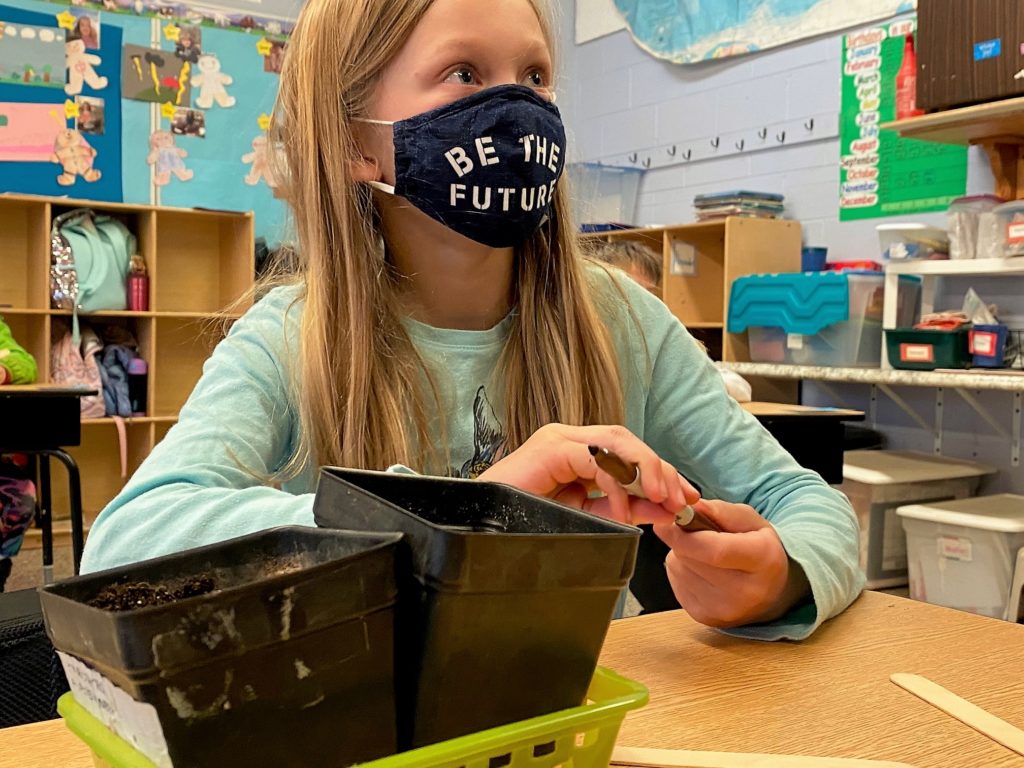

“You get to be a leader”
Aiden, an elementary student at Charlotte Lab School, said, “I love how at Lab you get to be a leader for anybody ’cause some people’s learning styles are slower than others so you get to help people no matter if they have Down syndrome, autistic, anything. I love how at this school you get to help people no matter what.” Hear him:
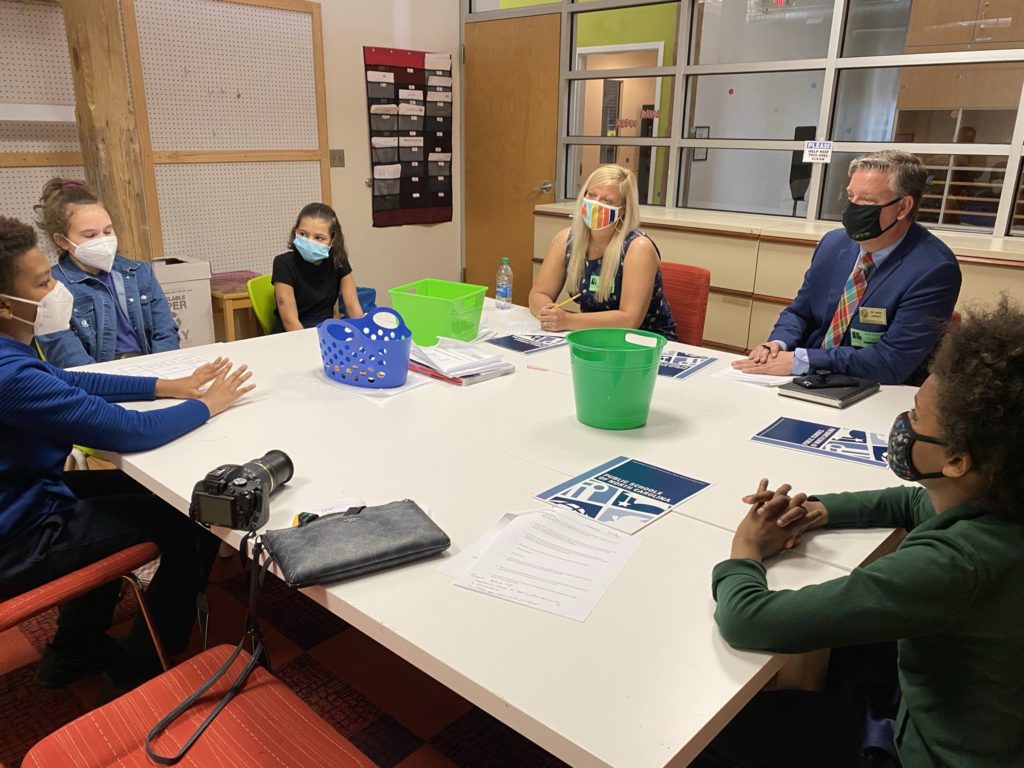

“We’re working hard to make the world a better place”
Maggie Murphy, the 2020 Northwest Regional Teacher of the Year from Piney Creek School in Alleghany County Schools, invited policymakers to visit her classroom during the pandemic, asking her students to share with the elected officials what they were proud of this school year. That’s Rep. Sarah Stevens, R-Surry, with the fist bump.
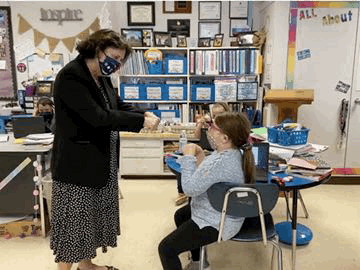

Murphy is most proud of the global mindset of her fourth graders. “We are just working hard every day to make the world a better place,” she said.
“These students are learning by doing”
Creating authentic student learning experiences was identified by the Department of Public Instruction as a promising practice needing to be replicated and scaled statewide. This is how fun school can be.
Learning to play drums with Beaver Robinette, a music teacher at the Bethel School in Watauga County
When schools went remote, teachers had to get creative. This music teacher sent buckets home to teach his students to play the drums.
Learning to build skateboards in Algebra class at South Rowan High School
At South Rowan High School, we watched students build a skateboard in an Algebra class.
Learning to autopsy pickles at Foothills Community School
At Foothills Community School, students have voice and choice in what learning looks like, and to an outsider, it all looks like a lot of fun. As you walk through the school, you can hear and see the learning taking place from passion projects to pickle autopsies to cryptids to a model future city to the numbers of Pi, which span wall after wall after wall. It is a school that dares to be different.
Using Rubik’s cubes to build art at Greene Central High School
From art to horticulture to building arcade games, STEM at Greene Central High School means strategies that engage minds. Patrick Greene, the 2022 Wells Fargo Principal of the Year, said, “The old model of school doesn’t necessarily fit with where we’re going.”
“Use your voice”
Great tips from first graders at Snow Hill Primary in Greene County Schools.
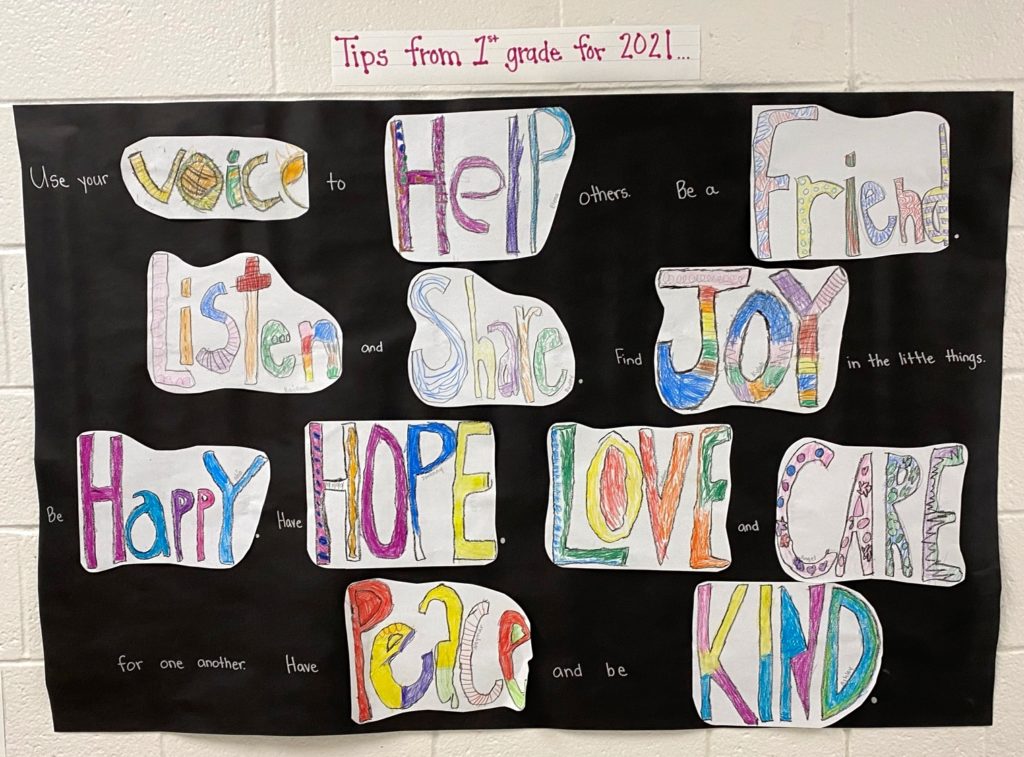

The 2021-22 School Year
“We are going to refocus, reset, recreate, and restart as many times as needed to get this right for students given whatever comes our way – pandemics, cyberattacks, floods”
On August 17, 2021, unprecedented rain and flooding in western North Carolina complicated an already complicated back to school.
At Haywood Early College in Haywood County Schools, academic proficiency continued to increase. How did they do it? The synergy of the principal’s leadership; an experienced, dedicated faculty; technology already integrated into instructional practice; implementing school-day structure even when virtual; having even higher expectations for kids when they are virtual; and teaching students who want to be students how to be students.
“No mask. My body. My choice.”
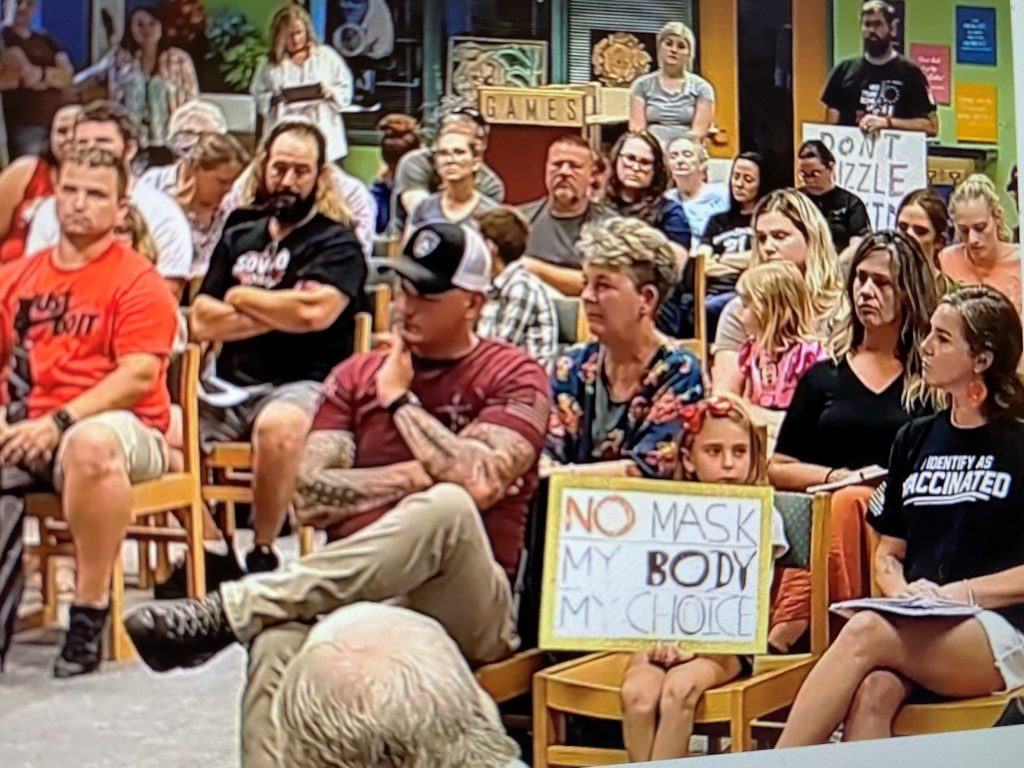

Local school board meetings became politicized and polarized as the Delta variant took hold of schools and communities.
“It is okay not to be okay”
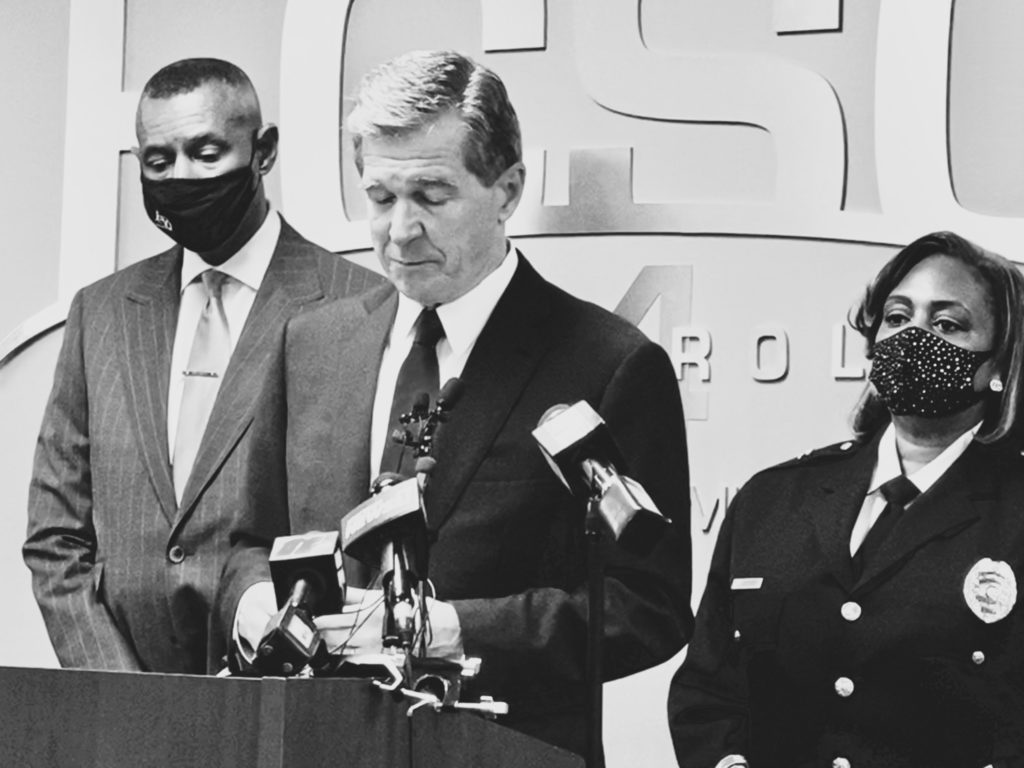

Hear Catrina Thompson, the chief of police in Winston-Salem, speak directly to students and parents after a school shooting at Mount Tabor High School. To students, she said, “it is okay not to be okay today.” To parents, she said, “If they are struggling help them. If you don’t know how to help them, call me.”
Also not ok
I was in a K-4 elementary school where two students had previously attempted suicide. K-4 students. Not suicidal ideation. Attempted suicide.
I was in a district where they lost four girls to human trafficking in one day. Four girls. One day. I learned “anyone who has worked in this industry knows that human trafficking happens everywhere. It has no respect for big cities or small towns. It happens in all communities.”
“Wherever there is a box, we don’t even see it. We are that far outside the box.”
The goal of Yadkin Valley Regional Career Academy is to graduate creative innovators.
“Two hurricanes back to back would be easier than what our schools are facing now”
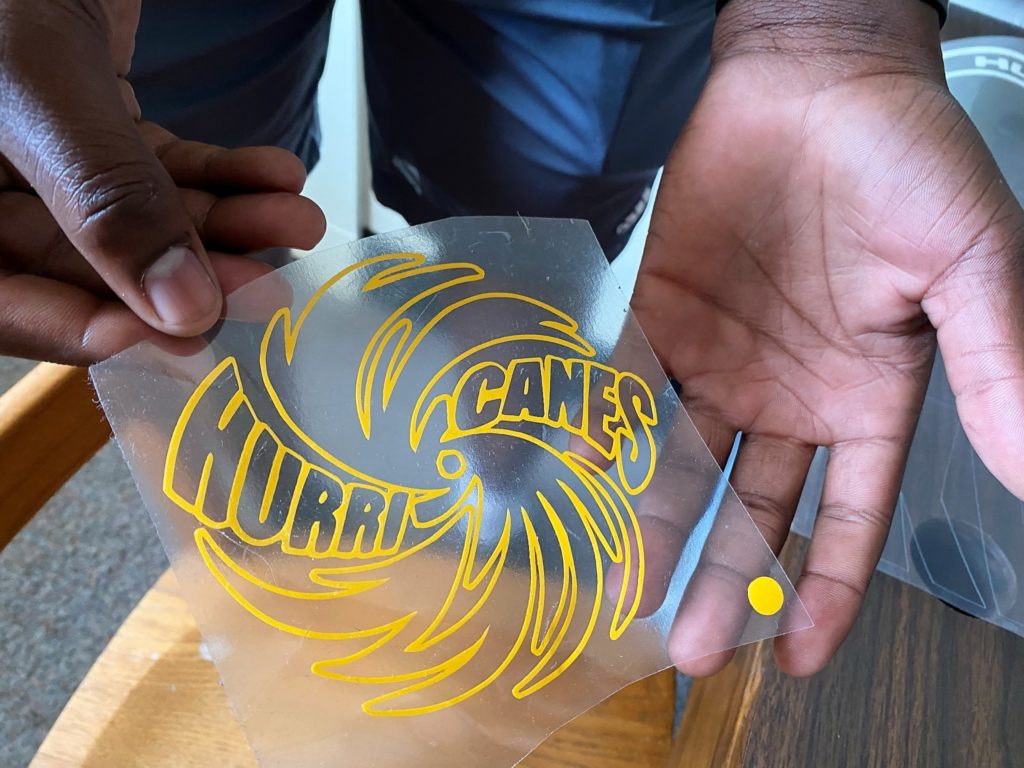

The leaders in the Pamlico County Schools are all too familiar with natural disasters, like hurricanes and flooding. “We do consider ourselves very good crisis managers,” said Lisa Jackson, the superintendent. But for this pandemic, she said, “There was no playbook. We are writing it.”
The political disconnect


In the longest of long sessions, Democrats seemed to be mad about everything, and Republicans seemed to be mad about one thing that isn’t a thing in any classroom or school I visited.
There wasn’t just a growing disconnect between politicians on the left and the right. There was a growing disconnect between policy and practice, between Jones Street in Raleigh and Every Street, Every Where Else.
I realized politicians on both sides of the aisle need to spend more time in classrooms and riding school buses with the students they serve. Consider yourself invited.
“The things that could have happened”
Ted Pedro, a parent educator at Mountain View Elementary in Burke County Schools, greets students every morning in carpool.
Inside the school as he made his morning rounds, Pedro introduced me to a third grade student who came to the school two years ago. A “coyote” was paid to transport the student from Honduras to the border. The student was held in a detention center in Texas for 10 months. U.S. Immigrations and Customs Enforcement (ICE) brought the student from the detention center to Morganton, where the student’s mom lives, dropping the student off on a Monday night.
The student was in school the next day.
“They’re all our kids”
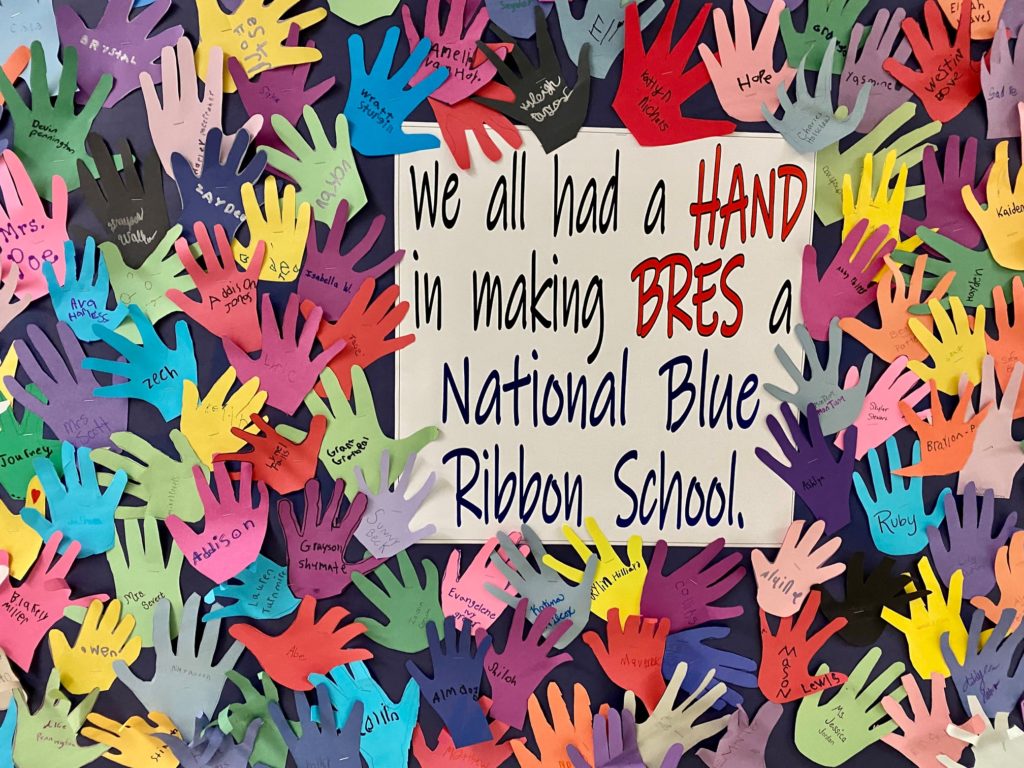

“In 2013, if you go back and look at the data, we were on the bottom. This group of people rallied together and knew they wanted to do something not only for themselves but for the children of this school and for this community because this is an amazing community,” said Joallen Lowder, who refers to herself as the COVID principal of Blue Ridge Elementary in Ashe County Schools.
“I love what I do”
The teaching I witness in the classrooms across our state is nothing short of breathtaking.
And most teachers I meet love, and I do mean love, what they do.
Welcome to Mr. Moultrie’s class.
For Moultrie, it’s all about the adventure of learning. Hear about his journey into the classroom.
How to advocate for the profession without demoralizing those choosing to teach
Many teachers post their why statement on the door to their classroom. Every day, I ask myself whether our work is aligned to making sure those teachers continue to choose to walk through that door.
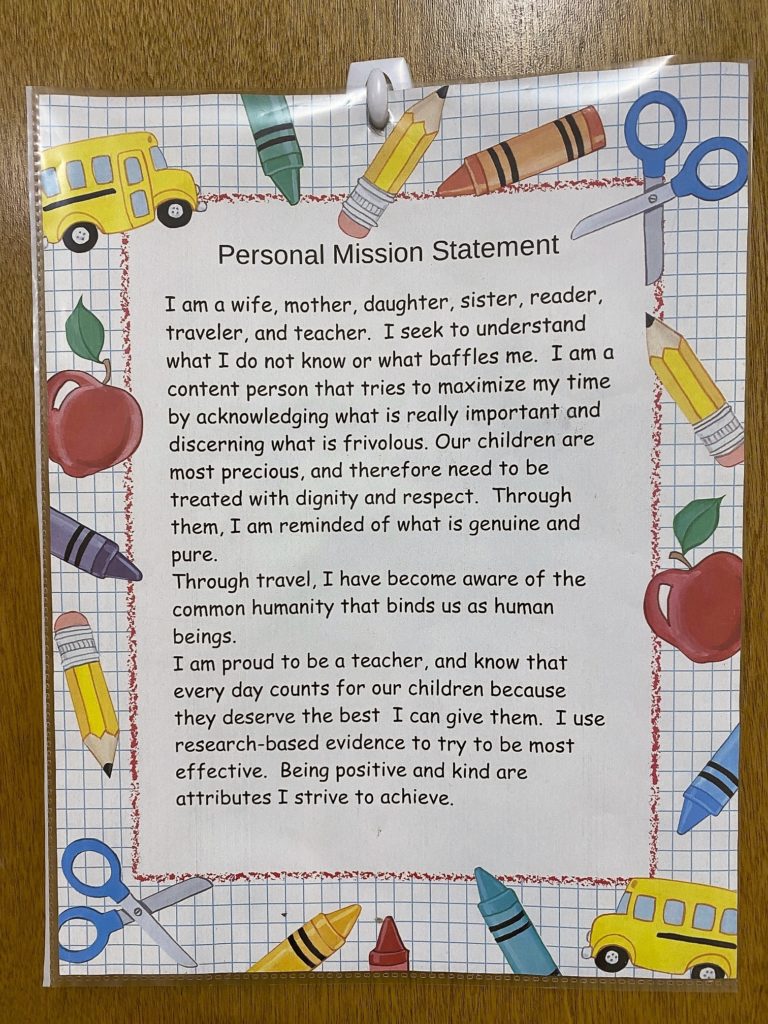

Are we focused on what’s really important? Are we treating each other with dignity and respect? Are we aware of the common humanity that binds us together? Are we positive and kind?
As this teacher says, “every day counts for our children.” Every day also counts for our teachers.
The power of the profession: Our teachers are “the Obi-Wan Kenobi, the Gandalf, the Yoda”
“Every single teacher that’s teaching right now,” said Freebird McKinney, the 2018 Burroughs Wellcome Fund North Carolina Teacher of the Year, to an audience of will-be teachers at the Reich College of Education at Appalachian State University, “is gonna be the teacher that the COVID kids remembers as the ones that helped me get through this time.”
“Every single one of our teachers is the Obi-Wan Kenobi, or the Gandalf, or the Yoda, like literally the wizened old master who stood beside the hero when times were tough and they wanted to quit during the ordeal and the cave was dark and they could not see the light,” he said. “That is the power of the profession.”
Hear him:
Breathe. Reflect. Dedicate.
Our mountain philosopher, Transylvania County Schools Superintendent Jeff McDaris, kept us going with playlists during the pandemic, urging us to breathe, reflect, and dedicate.
The Weekly Reckoning 21-22
The Weekly Top Five 20-21
Behind the Story
Thank you to Lanie Sorrow, who cut much of the audio, and Pruett Norris, who helped out on video.
Thank you to the team at BCom for always working smart … and fast.
A special shout out to Sergio Osnaya-Prieto for his leadership.


